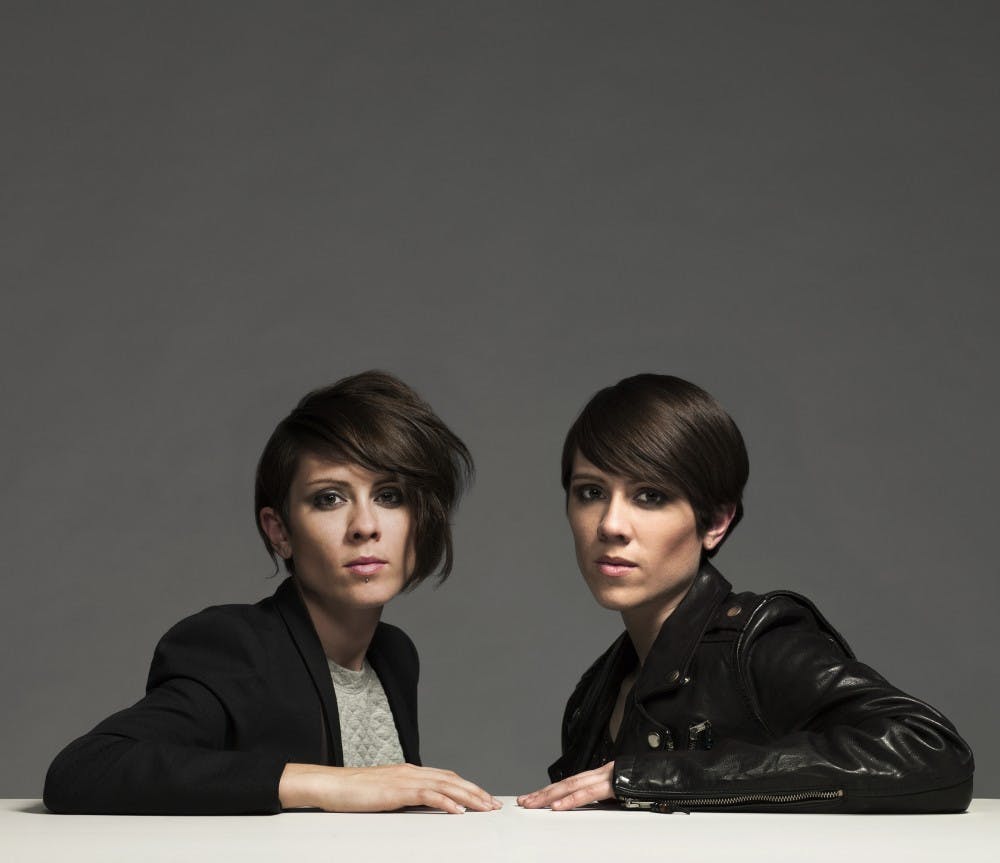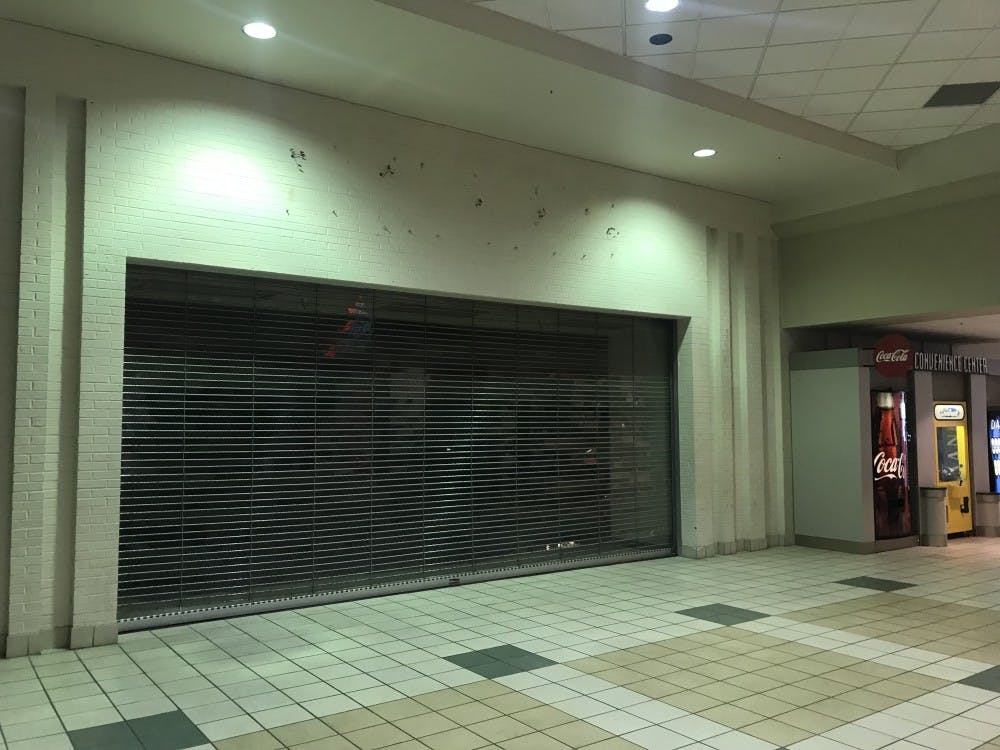A former Ball State student's thesis is getting some exposure from Canadian rock band Tegan and Sara.
Bianca Russelburg, who graduated from Ball State in Spring 2014 with a degree in audio production, based her thesis on some of her past musical influences.
“I grew up listening to Motown; both my mom and dad would always have it on,” Russelburg said. “I’ve always thought it would be kind of interesting to really research how people did things before we had digital audio ... I looked into it to see how they really captured that sound, and the research was just super fascinating.”
Russelburg decided to take modern, Top 40 songs and remix them with a '60s feel. Some of the artists she chose to cover were Beyoncé, Outkast and, of course, Tegan and Sara.
“Essentially, since I don’t compose myself, I thought, 'Let’s just rework modern pop songs,'” Russelburg said.
After completing and turning in her thesis, Russelburg decided to post her songs online as a portfolio piece over the summer. Before she could do that, she had to obtain permission from the owners of the different songs.
“I thought, 'I should probably not get sued my first time out of college,'” Russelburg said. “When I looked up Tegan and Sara, [I found out that] they own all of their songs.”
Russelburg found a way to contact their company, which asked her to send in her song for approval. The album from which she had pulled the Tegan and Sara song was about to celebrate its 10-year anniversary.
“It turns out a week later I find out that I had been talking to their manager, and [when] he called me, I was actually just hanging out in a friend’s backyard off campus,” Russelburg said. “I get this call from this manager saying, ‘Hey, we all really liked the song, you’re totally welcome to put it online ... but we’re coming on the 10-year anniversary of [So Jealous], so we thought it would be cool if we could potentially use that for this project we’re putting together.’”
The project, which is called So Jealous X, is a commemorative coffee table book filed with pictures and the artists’ memories from the past 10 years. In the back, there will be three discs.
The first is the original CD, the second a DVD, and the third a collection of bonus audio, such as remixes, demos and covers. Russelburg’s song will be on the third CD. The book will be released on Dec. 23 of this year.
So Jealous X isn’t all that has come out of Russelburg’s thesis. During the process of recording the songs for the thesis, Russelburg had a realization that she wanted to take her ideas a step further.
“There was one night in the studio, we had done a session and I was walking out that night. The session had gone really well, but I felt really unfulfilled and I had one of those classic college existential crises,” Russelburg said. “I just thought, 'This is my dream project, and it’s going well, why am I not feeling 100 percent awesome right now?'”
She then came up with the idea for Resonate, a campaign to provide free recording services to musicians in the LGBTQ community. Her aim is to provide a platform for these artists, as well as give those in the LGBTQ community more musicians to relate to.
“I did grow up in a very small town. To me, I didn’t have a lot of people to look up to at all,” Russelburg said. “No one should feel alone, everyone should have the opportunity to see themselves reflected in the media, whether it’s TV, movies, music. Music is what I feel I can do.”
Russelburg launched a Kickstarter campaign on Nov. 11. She said, since then, her friends have been spreading the word on social media. She has emailed different media providers in the hopes of getting more press.
The campaign has a 30-day period in which people can donate. If adequate funds are not raised in time, the people who had will receive their money back.
Russelburg said she chose Kickstarter to host her campaign because of its popularity.
“I like the fact that it’s the most well known of them all,” Russelburg said. “I think [30 days] works really well because you can do a big press push, but there’s also a sort of timeframe [for people to donate].”
On Kickstarter, innovators can post their ideas into 15 different categories. They can then campaign for donations. The process is called crowdfunding. Kickstarter was founded in 2009, and according to its website, as of March 2014, it had raised more than $1 billion in pledges.
Russelburg said she hopes her project helps others who are in the position she was before.
"Growing up in a small town, you just feel really secluded being in the LGBT community ... I found out that there were these people that have these great musical voices that are representing the way I feel via music," she said. "Now that I’ve grown up, I want to help continue making that happen for people."





